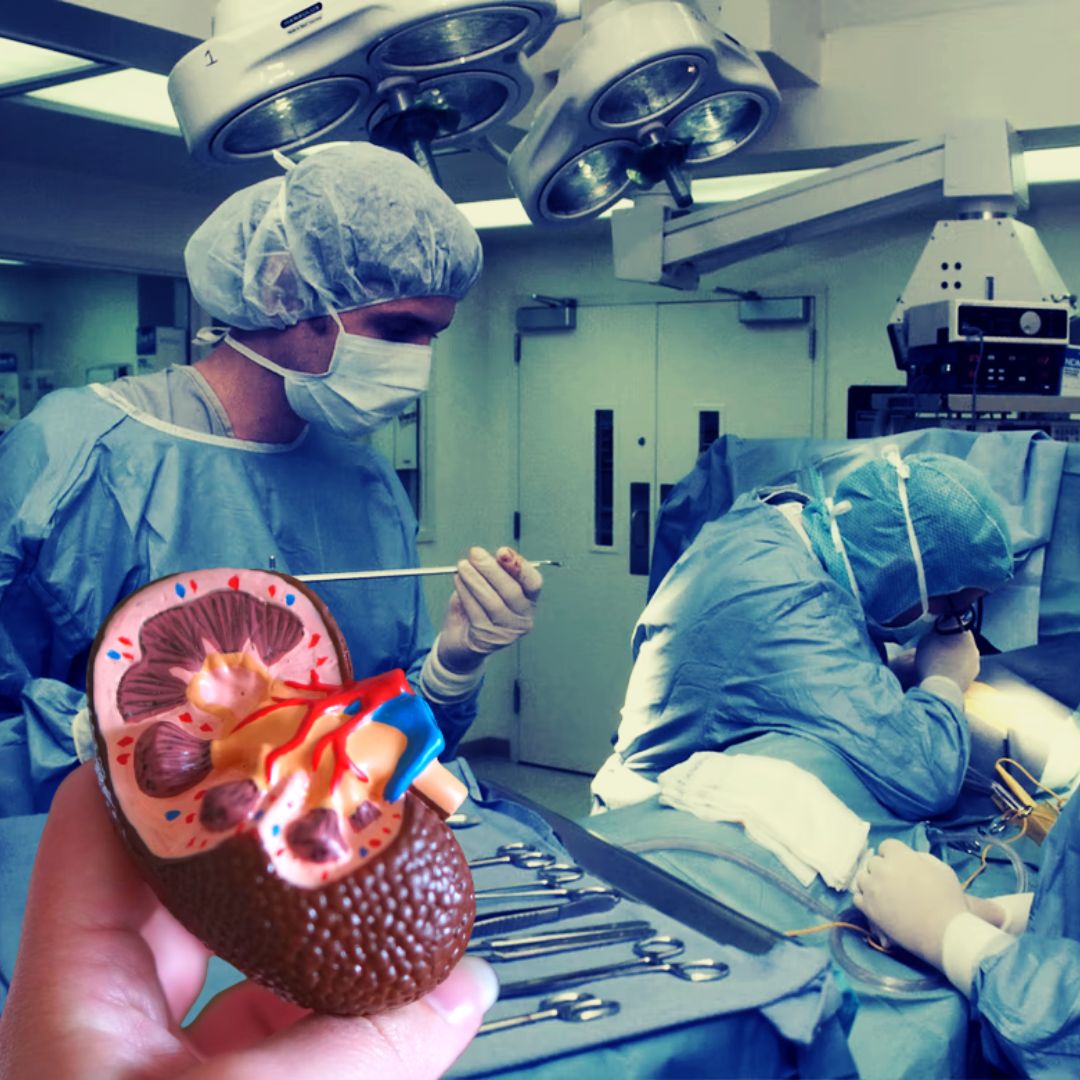5-Year-Old Boy Becomes India's Youngest Patient To Undergo En-Bloc Kidney Transplant
Writer: Ishita Singh
She is a versatile content writer, an orator and a graphic designer who prefers multitasking under pressure and complies with the deadline.
India, 16 Sep 2022 10:53 AM GMT
Editor : Shiva Chaudhary |
A post-graduate in Journalism and Mass Communication with relevant skills, specialising in content editing & writing. I believe in the precise dissemination of information based on facts to the public.
Creatives : Shiva Chaudhary
A post-graduate in Journalism and Mass Communication with relevant skills, specialising in content editing & writing. I believe in the precise dissemination of information based on facts to the public.
In this case, the en-bloc kidneys were harvested from a brain-dead donor weighing less than 20 kg. According to doctors, if the donor is an adult, only one kidney is removed.
A five-year-old boy recently underwent a successful en-bloc kidney transplant at the All India Institute of Medical Sciences (AIIMS), making him the youngest patient in India to have gone through this procedure.
En-bloc kidney transplantation involves the transplantation of two kidneys from the same small paediatric donor and the vena cava and aorta into a single recipient. In this case, the en-bloc kidneys were harvested from a brain-dead donor weighing less than 20 kg. According to doctors, if the donor is an adult, only one kidney is removed.
16-Month-Old Becomes The Donor
The donor, in this case, was a 16-month-old baby who was declared brain dead at the AIIMS here on August 24 and donated his organs, reported NDTV.
According to Dr Manjunath Maruti Pol, Additional Professor, Department of Surgery, AIIMS, "The recipient child, a native of Sonipat in Haryana, had been suffering from chronic kidney failure for a long duration and was on haemodialysis. He immediately required a kidney transplant surgery for his survival".
The recipient was admitted on August 24 and had dialysis that evening. A cross-match was performed between two potential recipients awaiting kidney transplants, and the results were reported to the National Organ and Tissue Transplant Organization (NOTTO).
Transplantation Procedure
According to Dr Pol, NOTTO then allocated en bloc kidneys to the 5-year-old child. On August 25, the donor's aorta and Inferior Vena Cava (IVC) were joined to the recipient's aorta and IVC, respectively.
The two ureters from the donor's kidneys were joined separately to the recipient's urinary bladder. The aorta is the most critical vessel in the middle of the body, carrying blood from the heart to all organs and the rest of the body, whereas the IVC is the largest vessel, bringing blood to the heart from all organs and the entire body.
According to the doctor, urine output began immediately following surgery. The patient was kept in the isolation ward for seven days before being released. The boy is currently off dialysis and doing well, and ready to start school.
Also Read: Pilgrims Made To Do Sit-Ups For Offering Roadside Namaz In UP, Let Go By Cops After Apology
 All section
All section














